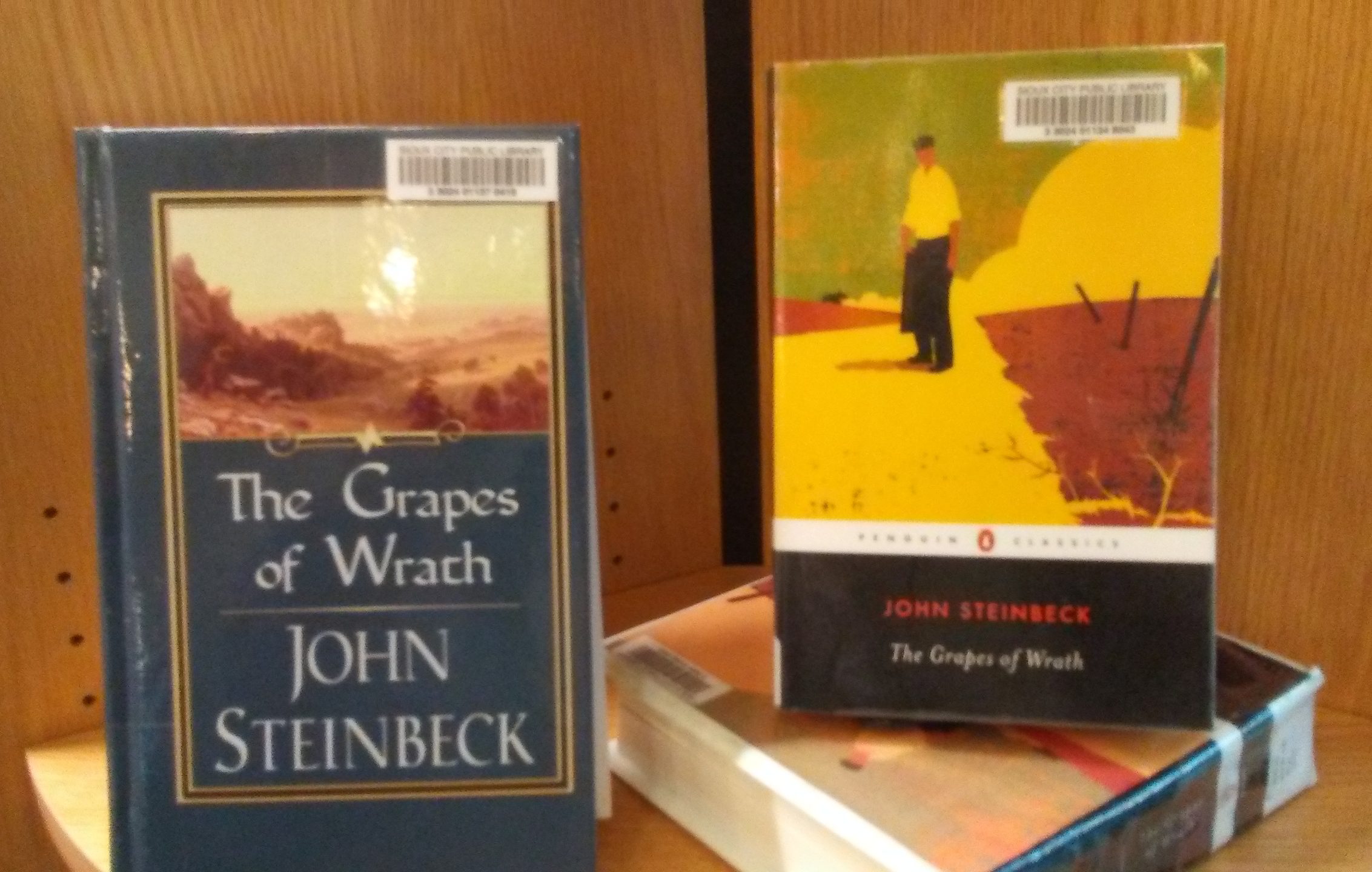


Contemporary readers not only use the term "classic," they use it a lot and often have strong feelings about it. Yet the question - what is a classic? - remains surprisingly powerful in the twenty-first century because the classics are alive and thriving on the internet, in the marketplace, and among readers, even if not in universities or among academics. Perhaps most glaringly outdated is the word "classic." Literary scholars don't often use the term anymore, at least not as a serious label for literature "of the highest rank or importance." 2 In 1991, John Guillory declared that the term classic was "all but retired." 3 The label, according to Guillory, signified not only a "relatively uncritical regard for the great works of Western literature" but the "precritical era of criticism itself." 4 Instead, in academic conversations, the ardent language of the "classics" has largely been displaced by the more critical vocabulary of the "canon," which frames literary significance more carefully as a product of cultural selection. 1 More than simply "not new," this question now feels decidedly old, hashed out, and even passé. Eliot acknowledged more than seventy-five years ago. What is a classic? This is "not a new question," as T.S.


 0 kommentar(er)
0 kommentar(er)
